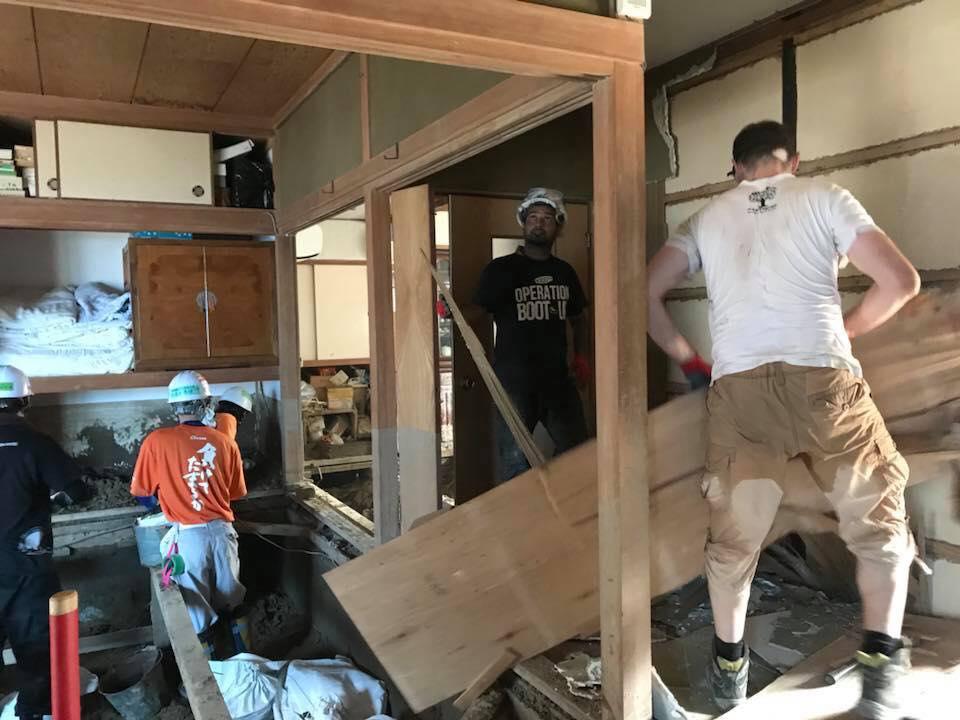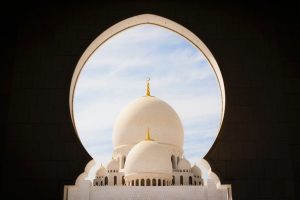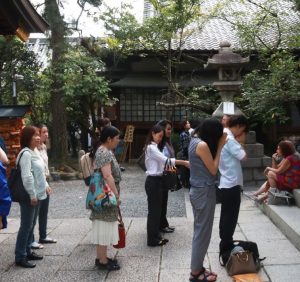
- ARAB NEWS
- 30 Jun 2025

Nader Sammouri Osaka
A PhD graduate in earthquake engineering from Kyoto University, Anirban, and a Japanese world traveler, Takao Furuta, reflected on how spirituality can be utilized as coping method for uncertainties including natural disasters and those related to work and employment.
Following the Kumamoto earthquake in 2016 and the floods in western Japan in 2018, Anirban tapped into the field of earthquake engineering to better understand it, and offer guidance.

“My experience and academic training in earthquake engineering have led me to support new coming international students, who haven’t experienced disasters before by sharing related information,” Anirban told Arab News Japan.
There are nearly 5000 earthquakes recorded annually in Japan, most of them being minor and limited to specific regions in Japan that tend to go unnoticed. However, over 150 earthquakes have a magnitude higher than five every year, according to the Japan Meteorological Agency.
The reason for this high number of disasters can be attributed to Japan’s geographical positioning along what is called the pacific ring of fire or ‘kantaiheiyoukazanta.’
“Japan has probably faced more disasters than any other nation in the world. As a result of that, I think Japanese people became more calm and resilient,” Anirban said.
Anirban touched on how spirituality plays a role in coping with these unexpected disasters, by outlining how Japanese culture is not rooted in the material.
“As much as I have noticed the Japanese society, I feel they are not very attached to the material. The Japanese can easily get rid of things as there is a limit to their attachment. As one becomes less materialistic, they become less affected by the loss. I think the Japanese people have accepted disaster as a way of life, and so, I cannot deny the spiritual part of it,” Anirban clarified.
Furuta continued by stating how elevated suicide rates in Japan are not attributed to natural disasters, but paramount work-related stress and prevailing loneliness.
“As a result of both mainly, I think, suicide became a significant social issue,” Furuta shared.
Adding a contrasting viewpoint to the discussion, Furuta pointed out how the lack of religious involvement in Japan might influence the degrees of loneliness and isolation felt.
Furuta traveled to around 60 countries, including several Arab countries, like Oman, UAE, Qatar and Jordan drawing a comparison between the religion in these nations and Japan.

“I feel like the deep faith that people from those regions have in God holds them back from any suicidal thoughts. I think that you can enjoy a certain richness in life by believing that God will help you and be there for you whenever you’re weak,” Furuta said.
Furuta continued by emphasizing how traveling to Arab nations “was appealing to me because we don’t live a very religious life in Japan. Knowing that one person can devote so much of their time to prayers was an immense paradigm shift for me. Japanese only occasionally visit the shrine or temple.”
In Japan, the dominant spiritual practice is called Shinto, and approximately 69% of the Japanese population practices it. Shinto believes in supernatural entities or spirits inhabiting all things. The enormous number of deities in Shinto, with millions worshipped, means that everything in the surroundings must be respected as if it is God.

Shinto (神道) or kami-no-michi, “the way of the kami”– kami meaning Gods in Japanese– believes in messengers recognized as kami-no-tsukai portrayed as animal figures. Hence when roaming Japan’s shrines, you will see animal statues.